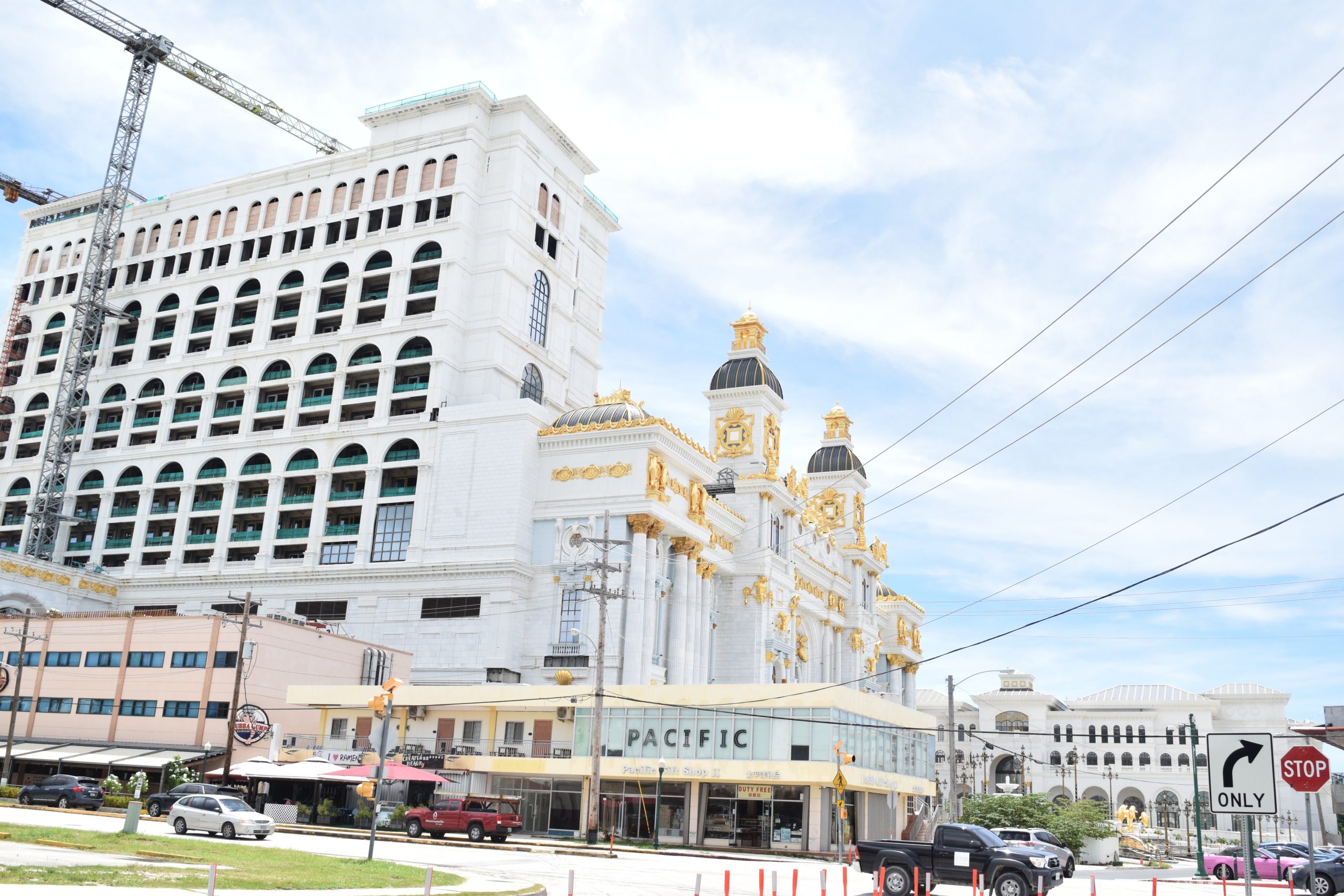The chair of Saipan’s Commonwealth Casino Commission has stated that any buyer of Imperial Pacific International’s casino license would be required to invest at least US$1.6 billion into further development of the company’s shuttered casino resort.
In a letter to Gov. Arnold I. Palacios in which he also calls for IPI to voluntarily surrender exclusivity to improve its chances of selling the license, CCC chair Edward DeLeon Guerrero suggested that a buyer would be required to fulfil the requirements of the CNMI (Commonwealth of the Northern Mariana Islands) casino gaming statute which require any casino licensee to invest a minimum US$2 billion including the construction of at least 2,000 new 5-star hotel rooms, Saipan Tribune reports.
According to Guerrero, IPI – which has declared bankruptcy – had invested around US$400 million into its Imperial Palace resort before its doors were shuttered in 2020, with 15 villas completed and 329 hotel rooms under construction at that time.
Pointing to a District Court decision earlier this month allowing IPI to sell its casino license and other assets, the regulator wrote, “While the CCC is not necessarily against this idea, it is important to remember that IPI has not satisfied the requirements of the CNMI casino gaming statute, specifically the requirements for IPl to invest a minimum of US$2 billion and construct a minimum of 2,000 new hotel rooms of 5-star quality.
“If the casino license is to be included in the sale of IPI’s assets, then the potential buyers need to be informed that they would be required to satisfy these requirements as well.”
Such a requirement would likely prove as a deterrent to any potential investor, however, particularly with Guerrero also recommending that any new licenses issued should IPI relinquish exclusivity would be better served having the minimum investment amount be lowered to either US$300 million per licensee to develop new hotel rooms or US$50 million to renovate existing properties, He has also called for the minimum room count requirement to be reduced from 2,000 to 300.
The CNMI, he added, “should grandfather one license for IPI” for anyone who purchases IPI’s license. “There is a greater chance of success for IPI to sell its assets and the casino license if they voluntarily surrender the exclusivity [and] the Casino License Agreement gets amended,” he said.
Discussions over the revocation of IPI’s casino license continue to stall, some three-and-a-half years after the company had its license suspended for failure to pay various license fees.



